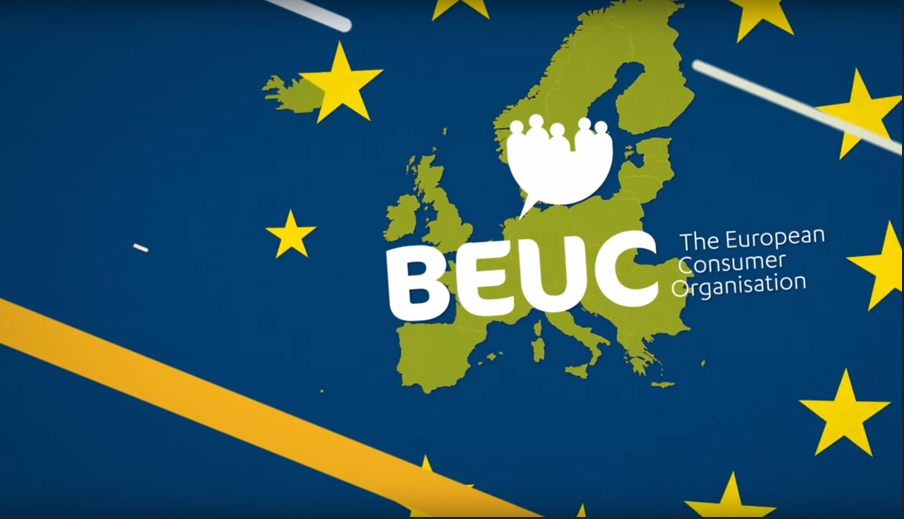BEUC, representing the interests of consumers in 32 European countries, has confirmed its support for effective interoperability provisions for core services in the EU’s proposed Digital Markets Act (DMA).
While welcoming the proposed DMA as a good starting point to tackle problems in digital markets, BEUC’s recently published position paper highlights a number of areas for improvement. In particular, BEUC argues that the DMA must ensure genuine consumer choice of social network and instant messaging services by obliging big platforms to allow competitors’ services to work seamlessly with the platforms’ services, just as e-mail and telephone services work perfectly regardless of the operator chosen by each consumer. BEUC’s support for interoperability had been previously mentioned in a blog post.
In its detailed analysis, BEUC notes that at present, consumers are locked-in to core platform services such as Facebook’s social network and WhatsApp, and they cannot choose alternatives “without sacrificing the networks of friends and other groups they have built up on a specific platform”. In addition, BEUC flags that unless interoperability is mandated for these core services, alternatives would remain limited or non-existant because “it will be practically impossible for other service providers to gain a foothold and online communications services will remain neither contestable nor fair to consumers”.
BEUC proposes that once the DMA is adopted by the European Parliament and the EU’s Council of Ministers, the European Commission should impose technical interoperability requirements by means of defined Application Programming Interfaces (APIs) and/or standardised communication protocols and a set of core interoperable features. The DMA must define a process “to agree a set of core interoperable features for a given service, to avoid obstacles to innovation by ossifying functionalities, to counter incentives for gatekeeper companies to minimise the functionality standardised, and to avoid the risk of capture of the process by vested interests”, BEUC argues.
The European Commission’s Multi Stakeholder Platform on ICT Standardisation, an expert advisory group where Member State and Commission representatives meet technical standards bodies four times each year, would be the right venue to plan standardisation support for interoperability requirements in digital markets. Alternatively, internationally agreed standards could be used.
Besides the mentioned position paper, see also BEUC’s Factsheet on the DMA and its overview of individual articles in the DMA.
Jonathan Todd is a freelance communications advisor



